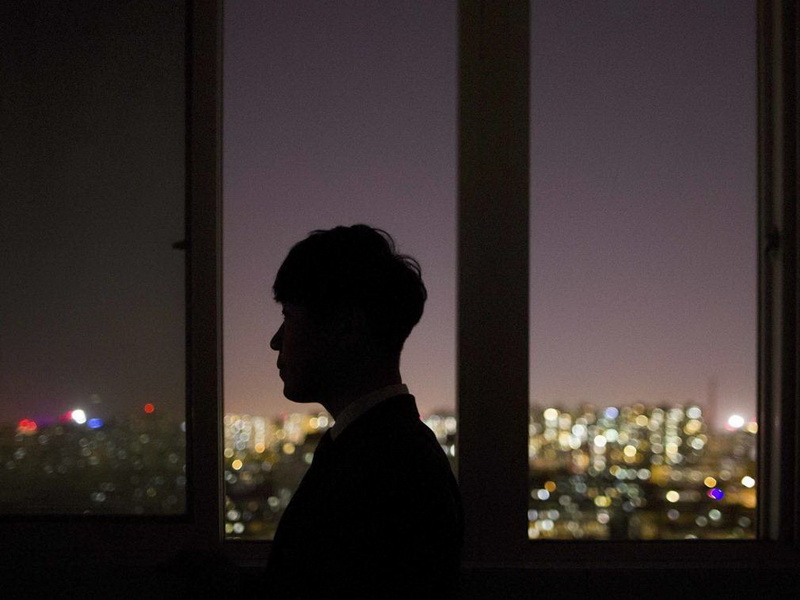


Empty-nest, a term originally applied to the elderly living alone, has become a catchy word to describe young people in their 20s who are working in cities and living alone.
There are over 58 million “empty-nest” youth in China, according to official statistics. They live alone in rented apartments, work in big cities, and tend to feel lonely (especially during holidays), as some empty-nest youth revealed on Weibo, China’s twitter-like social network.
Even so, this population chooses to stay in big cities as they are attracted to the opportunities and better life quality and living environment, said Li Chunling, a sociologist at Chinese Academy of Social Sciences, in her comparative study on university students in Beijing, Shanghai, and Guangzhou.
The wave also occurred in the Western world after the Industrial Revolution, Li said. The industrialization drove the urbanization, leading talents to bigger cities and then pushing them from the cities to surrounding places. It’s the same for today’s young people in China, who have flocked to the cities.
Living alone for some adults is an inevitable stage before getting married, while some choose to live alone, as it is no longer shameful in the minds of the young generation. Many enjoy their individual time, freedom, and rights in their own private space.
It seems that living alone has been better received by the young generation—no matter at home or abroad. Data from the National Bureau of Statistics shows that there are over 58 million adults living alone in China. Eric Klinenberg, a US sociologist, said in his book “Going Solo,” that half of all American adults remain single, and 31 million live alone.

Admittedly, the empty-nests are under huge pressure, according to a survey done by the Ministry of Education among youth in six cities. However, most respondents said they have strong control of their own lives by living alone and expressed confidence in dealing with challenges.
Empty-nest remains just a temporary stage for those who pursue their goals in big cities as well as single adults. Chinese empty-nest youth live alone, but they haven’t lost hope for a better life, said Nie Wei, an urban governance specialist at Shenzhen University, adding that the whole community needs to improve public services and take positive measures to assist the group.

 Award-winning photos show poverty reduction achievements in NE China's Jilin province
Award-winning photos show poverty reduction achievements in NE China's Jilin province People dance to greet advent of New Year in Ameiqituo Town, Guizhou
People dance to greet advent of New Year in Ameiqituo Town, Guizhou Fire brigade in Shanghai holds group wedding
Fire brigade in Shanghai holds group wedding Tourists enjoy ice sculptures in Datan Town, north China
Tourists enjoy ice sculptures in Datan Town, north China Sunset scenery of Dayan Pagoda in Xi'an
Sunset scenery of Dayan Pagoda in Xi'an Tourists have fun at scenic spot in Nanlong Town, NW China
Tourists have fun at scenic spot in Nanlong Town, NW China Harbin attracts tourists by making best use of ice in winter
Harbin attracts tourists by making best use of ice in winter In pics: FIS Alpine Ski Women's World Cup Slalom
In pics: FIS Alpine Ski Women's World Cup Slalom Black-necked cranes rest at reservoir in Lhunzhub County, Lhasa
Black-necked cranes rest at reservoir in Lhunzhub County, Lhasa China's FAST telescope will be available to foreign scientists in April
China's FAST telescope will be available to foreign scientists in April